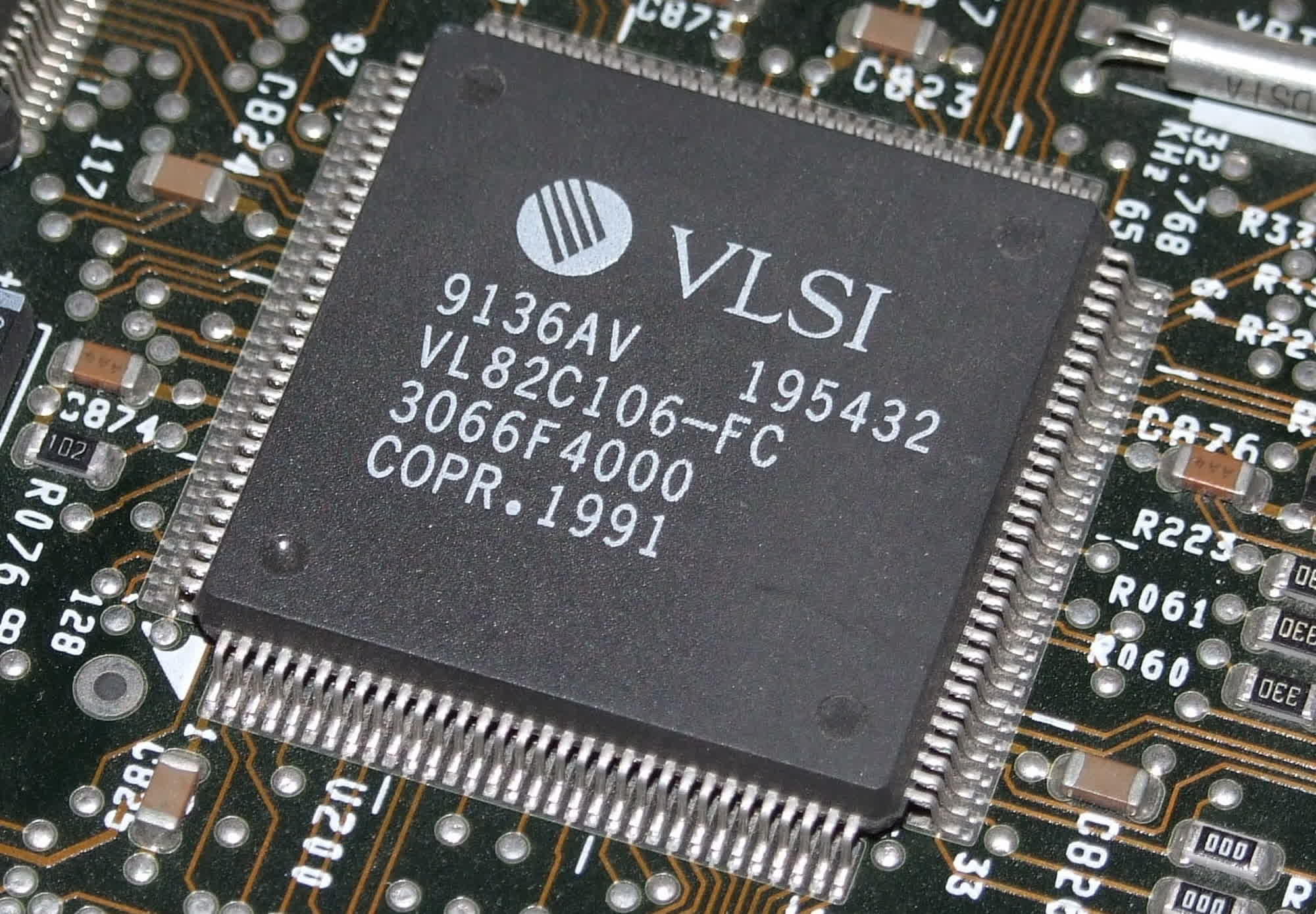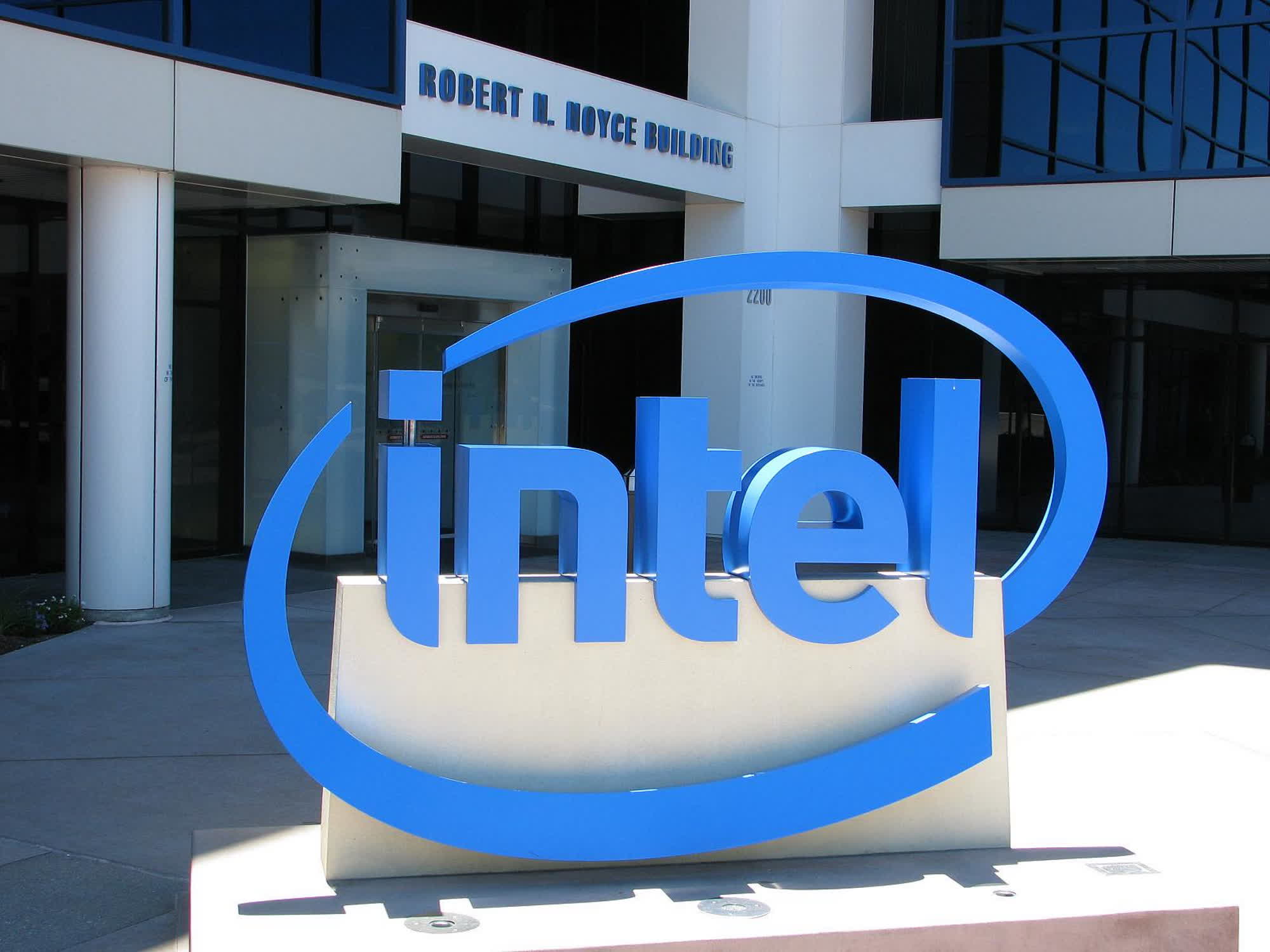In a nutshell: Despite existing as little more than an empty shell under the control of the private equity firm Fortress Investment Group, VLSI continues to pursue billions of dollars from Intel. However, a recent jury trial delivered a verdict in favor of Chipzilla – a decision that could potentially derail Fortress's entire monetization strategy.

After a three-day jury trial, the U.S. District Court for the Western District of Texas ruled that VLSI Technology LLC and Finjan Inc. are both under the control of investment management firm Fortress Investment Group. Intel had a licensing agreement with Finjan, and the jury agreed with Intel's argument that the same agreement extends to VLSI's patents allegedly used by the company in the past.
This new verdict could have far-reaching consequences for the ongoing legal battle between Intel and VLSI. In an earlier trial, Fortress claimed that Intel had infringed a patent VLSI acquired from Dutch firm NXP Semiconductors NV. The technology in question was said to aid the chip design process, although Intel maintained it was not used in any of its CPUs.
In 2022, a federal jury in Texas ordered Intel to pay nearly $1 billion in damages for the alleged infringement. Intel has since argued that the case should be revisited, asserting that its 2012 agreement with Finjan covers the patent in question – since both Finjan and VLSI fall under Fortress's "common control."

During the latest trial, Intel's lawyers argued – successfully – that VLSI and Finjan are managed by the same individuals linked to Fortress Investment Group. Two of VLSI's three board members are Fortress employees, and the same is true for a majority of Finjan's board. VLSI's legal team claimed these individuals act in the interest of investors, not Fortress itself.
Now that the district court has sided with Intel, Fortress may be forced to reconsider – or even abandon – its entire strategy to extract billions from the chipmaker. VLSI had previously won a similar case against Intel and was awarded a massive $2.2 billion in damages. With this new verdict, those combined $3 billion in patent infringement rulings could be overturned.
Fortress acquired control of VLSI and INVT SPE LLC through its investment funds, gaining access to a portfolio of potentially lucrative technology patents. It then launched multiple patent infringement lawsuits against Intel, Apple, HTC, and other telecom firms.
Critics say Fortress and VLSI are acting as patent trolls, leveraging litigation for profit rather than innovation. The latest decision in Intel's favor suggests that this monetization strategy may be on the verge of collapsing.
Intel wins crucial verdict in legal fight against patent troll VLSI